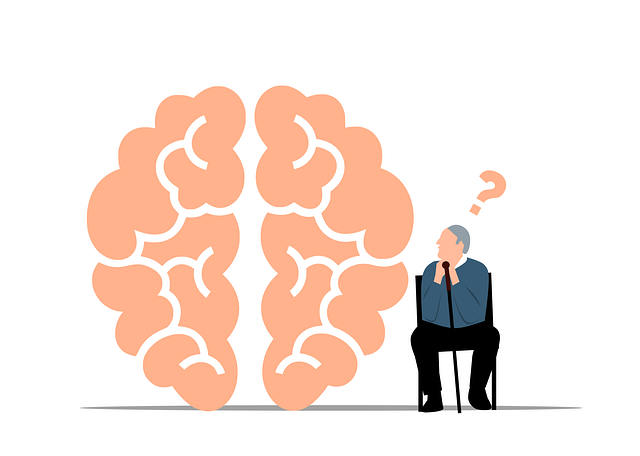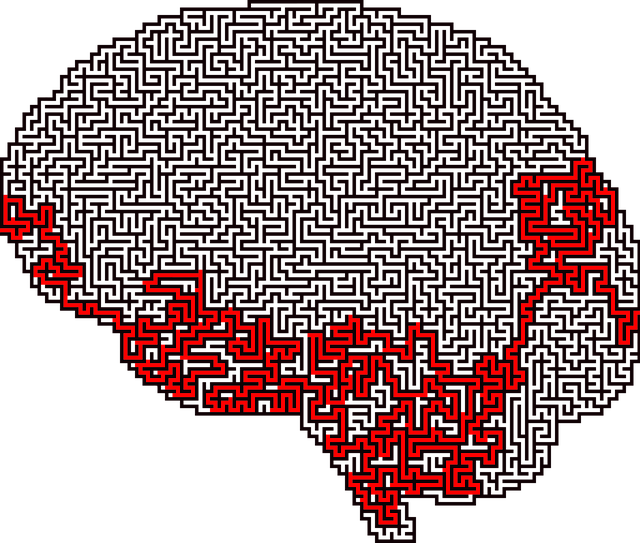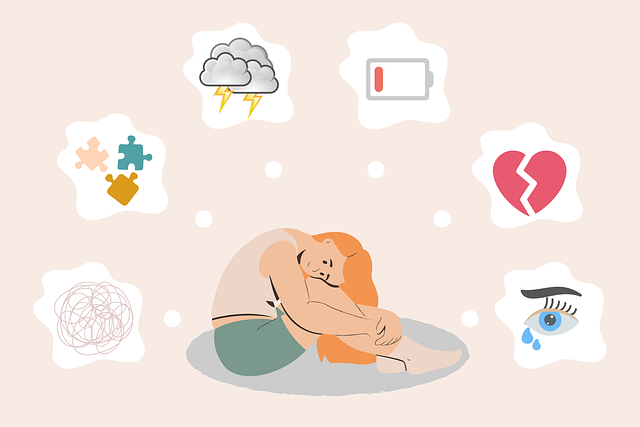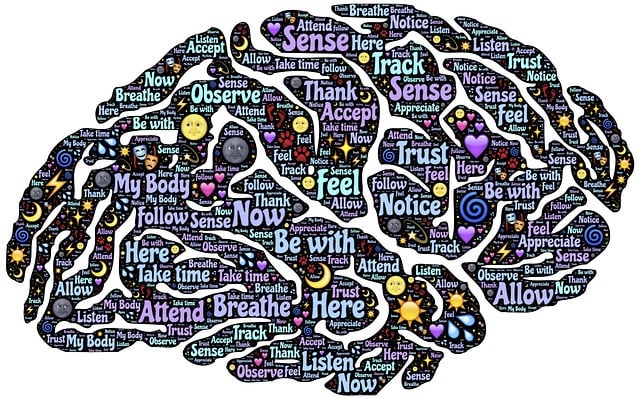Stress management workshops tailored for young adults with neuro disorders offer an effective therapy. These workshops provide a safe, inclusive space using interactive techniques like mindfulness exercises and social skills training to empower participants. By combining evidence-based practices, multimedia elements, and diverse representation, they enhance well-being and promote long-term stress reduction. Measuring success involves tangible improvements in mental health, with KPIs focusing on anxiety, depression, and self-care routine adoption. These workshops not only benefit individuals but also contribute to normalizing conversations about mental health and reducing stigma around therapy for young adults with neuro disorders.
Stress management workshops play a vital role in empowering young adults with neuro disorders to navigate life’s challenges. This article explores the transformative power of these tailored programs, focusing on their ability to mitigate stress and promote healing. We delve into the unique aspects of designing inclusive environments, interactive techniques, and measuring success, offering insights into effective therapy for young adults with neuro disorders. By understanding the impact of stress, we can revolutionize their well-being.
- Understanding Stress and Its Impact on Young Adults with Neuro Disorders
- The Role of Workshops in Stress Management: A Tailored Approach
- Creating an Inclusive Environment: Accommodating Diverse Learning Needs
- Interactive Techniques for Engaging Participants and Promoting Healing
- Measuring Success: Evaluating the Effectiveness of Stress Management Workshops
Understanding Stress and Its Impact on Young Adults with Neuro Disorders

Stress is a significant concern for young adults with neuro disorders, as it can exacerbate existing challenges and impact their overall well-being. These individuals often face unique stressors related to their conditions, such as sensory sensitivities, communication difficulties, and executive functioning issues. Understanding these specific sources of stress is crucial in designing effective therapy for young adults with neuro disorders.
Workshops focused on stress management can provide valuable tools and strategies tailored to this demographic. Through self-awareness exercises and social skills training, participants can gain a deeper understanding of their triggers and develop healthier coping mechanisms. Boosting confidence is another critical aspect; by mastering stress management techniques, young adults can enhance their resilience and navigate daily life with greater ease, fostering a sense of empowerment.
The Role of Workshops in Stress Management: A Tailored Approach

Workshops play a pivotal role in stress management, offering a tailored approach to addressing specific needs. These structured sessions provide a safe and supportive environment for young adults navigating neuro disorders to learn effective coping strategies. By focusing on individual experiences and personal growth, workshops foster a sense of empowerment, enabling participants to manage stress levels more proactively.
Incorporating evidence-based techniques and mindfulness practices, these programs cater to diverse learning styles, ensuring that each attendee gains valuable tools for anxiety relief. Moreover, healthcare provider cultural competency training is integrated to promote understanding and empathy, fostering a supportive community that respects the unique cultural backgrounds of its members. This comprehensive approach not only enhances overall well-being but also paves the way for long-term stress management success.
Creating an Inclusive Environment: Accommodating Diverse Learning Needs

Creating an inclusive environment is paramount when organizing stress management workshops, especially when catering to a diverse range of attendees. This involves accommodating different learning styles and abilities to ensure every participant feels valued and supported. For instance, incorporating various multimedia elements like visual aids, interactive activities, and even music can cater to auditory, visual, and kinesthetic learners.
When addressing mental health topics, it’s crucial to be mindful of the Mental Illness Stigma Reduction Efforts. This means fostering a safe space where individuals feel comfortable sharing their experiences without fear of judgment. The organization can achieve this through thoughtful planning, including anonymous question sessions, small group discussions, and encouraging open dialogue. Additionally, featuring speakers with personal stories related to mental wellness, such as those living with neuro disorders, can offer valuable insights and inspire hope among participants facing similar challenges. This diverse representation contributes to Emotional Well-being Promotion Techniques, ensuring that the workshop resonates with a wide range of individuals seeking effective stress management tools.
Interactive Techniques for Engaging Participants and Promoting Healing

In stress management workshops designed for young adults with neuro disorders, interactive techniques play a pivotal role in engaging participants and fostering healing. These sessions go beyond traditional lectures by incorporating hands-on activities, group discussions, and role-playing scenarios. Such dynamic approaches not only break monotony but also allow attendees to actively participate, apply learned strategies, and share experiences. For instance, exercises focused on mindfulness meditation, coupled with guided imagery, can significantly reduce stress levels and improve emotional regulation—crucial aspects in managing neurodisorder symptoms.
Social Skills Training and Self-Care Routine Development for Better Mental Health are integral components of these workshops. Through interactive games and simulations, participants learn effective communication strategies, enhancing their social interactions and overall well-being. Simultaneously, they’re equipped with tools to establish beneficial self-care routines tailored to their individual needs. These holistic techniques, combined with Stress Reduction Methods, empower young adults to navigate life’s challenges more resiliently, ultimately contributing to improved mental health outcomes.
Measuring Success: Evaluating the Effectiveness of Stress Management Workshops

Measuring success is a vital aspect of evaluating the effectiveness of stress management workshops designed for young adults with neuro disorders. Beyond attendance and satisfaction surveys, key performance indicators (KPIs) should include tangible improvements in participants’ mental health. This could be assessed through standardized questionnaires gauging anxiety levels, depression symptoms, and overall psychological well-being before and after the workshop. Tracking these metrics allows organizers to quantify the impact of the program on individuals’ lives.
Additionally, fostering a sustainable self-care routine development for better mental health should be a primary goal. Workshops that encourage positive thinking, mindfulness techniques, and stress-coping strategies can equip young adults with neuro disorders to manage their well-being independently. Public awareness campaigns development centered around these workshops can further normalize conversations about mental health, reduce stigma, and inspire others to seek similar support resources.
Stress management workshops tailored for young adults with neuro disorders offer a promising avenue in their therapeutic journey. By addressing the unique challenges they face, these workshops foster inclusive learning environments that accommodate diverse needs. Through interactive techniques, participants gain practical tools to navigate and reduce stress, ultimately enhancing their overall well-being. As evidenced by successful evaluation metrics, this approach holds significant potential as a game-changer in providing effective therapy for young adults with neuro disorders.














